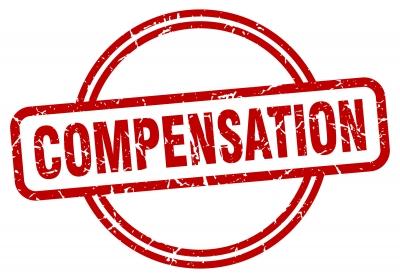With compensation being a primary tool to attract, retain, and motivate a company's workforce, it is important to develop and communicate a company's compensation philosophy that reinforces the organization's mission, vision, values, and culture. There are several topics to consider when building a compensation philosophy:
- Internal Equity or Consistency
- External Equity or Competitiveness
- Pay Administration
- Communication
Internal Equity
Internal equity describes how jobs compare to each other within the organization. There are a number of alternatives available to set up and determine pay equity internally.
External Equity
External equity refers to pay as it compares to the labor market, considering the pay for company jobs in relation to similar jobs in relevant selected labor markets. Company goals, objectives, and culture will dictate whether to emphasize internal or external equity or a combination of both.
Pay Administration
In addition to compensation philosophy, pay administration techniques also influence compensation. For example, if individual performance influences employee pay, then the organization’s performance management system should be consistent with this compensation strategy.
Communication
Once the compensation philosophy has been determined, it is critical to communicate it effectively. A lack of understanding can lead to employee misperceptions. Employees should understand the company’s pay philosophy and how their compensation is determined to fully appreciate the value of their pay. When developing a compensation communication plan, consider your audience and tailor your messages accordingly. For example, managers should understand the link between the corporate mission, vision, and values to the compensation philosophy and programs.
Compensation communication to employees is most effective when delivered by managers. Managers should deliver key compensation information directly to employees because managers are typically directly responsible for employee performance, growth, and pay decisions. Various tools can be helpful to managers for communicating compensation information and ensuring consistency.

Summary
Using this information as a guide to develop an effective compensation philosophy will improve employee satisfaction and impact company performance. An annual review of the company’s philosophy will ensure that it is aligned with your mission, vision, and values. Following these guidelines will allow your company to attract and retain the best employees, which leads to improved company results.
Need help with your compensation strategy? MRA’s Compensation Services department can help you!



